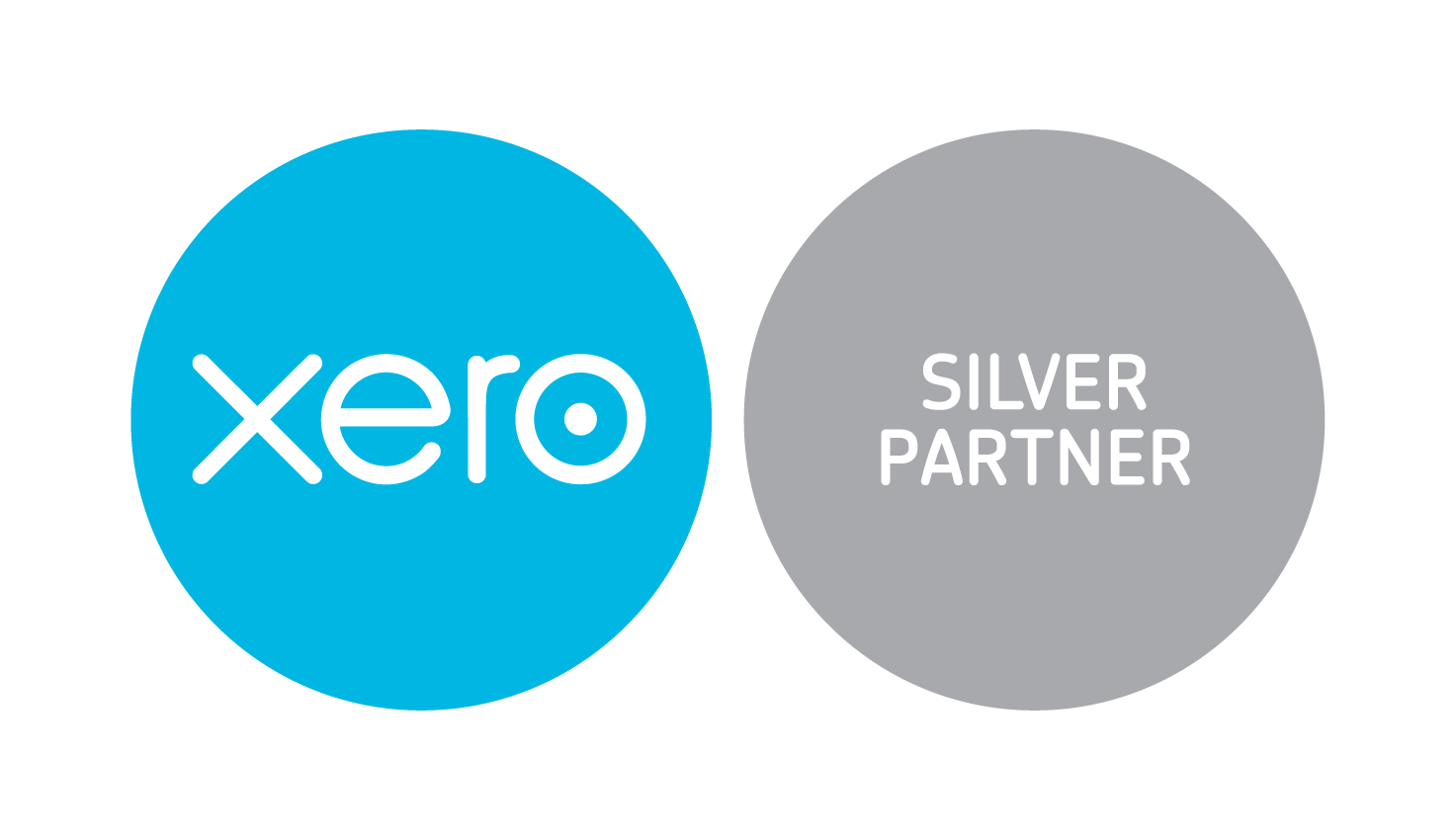Six changes you need to know about going into the new financial year
Ben Lisipeki • March 20, 2023
Six changes you need to know about going into the new financial year
As the new financial year approaches, business owners should be aware of the tax and employment changes that could influence their operations. These changes can modify how businesses manage, the taxes they owe, and their overall financial standing. Whether you are a small business owner or a major corporation, these changes will affect you, making it necessary to stay ahead and ready for the forthcoming financial year. In this blog post, we will evaluate the six newest tax shifts and what they mean to your business.
1. Minimum wage increaseStarting from April 1st 2023, the minimum wage is going up from $21.20 to $22.70 per hour. That's great news for workers, but we understand it can be tough on businesses. The starting-out and training minimum wage also increases from $16.96 to $18.16 per hour. Remember to factor in these changes when planning your budget for the next financial year!
2. FBT Exemption for Public Transport
Starting April 1st, 2023, public transport fares paid or subsidised by an employer for employees travelling between their home and workplace will be exempt from FBT. This applies to various modes of transportation, including trains, buses, ferries, trams, and cable cars. Employers must pay the public transport provider directly rather than reimbursing employees for the cost. If reimbursement is made directly to employees, it will be subject to PAYE.
3. GST Tax Invoice Changes
Starting April 1st, 2023, new terminology will replace old tax-related terms.
• Taxable Supply Information will replace Tax Invoices,• Supply Correction Information will replace Credit/Debit Notes, and• Buyer-created Taxable Supply Information will replace Buyer-created Tax Invoices.
Previously, the term "tax invoice" was required to be prominently shown for validity, but this is no longer the case with taxable supply information.
However, for supplies over $200, GST-registered buyers must receive taxable supply information within 28 days of the request. For supplies less than $200, sellers must keep a record of the supply, but providing the information is optional.
A key point, IF your invoices meet the current definitions of a GST Tax Invoice, there is no change required. The new terminology and rules just allow greater flexibility, so keeping GST records is easier.
4. GST Apportionment and Adjustment Rule Changes
Registered individuals can choose to treat assets mainly used for private or exempt purposes as solely used for those purposes; this is only applicable for supplies made on or after April 1st 2011 and excludes cases where a deduction for those assets has been previously claimed.If goods or services are acquired for $10,000 or less, mainly for business purposes, the person can claim a full GST input tax credit deduction without applying apportionment rules. This only applies to supplies assessed after August 30th, 2022. A new principal purpose test will also be implemented starting April 1st, 2023.
5. Build-to-rent exemption from interest limitationStarting October 1st, 2021, residential rentals categorised as "build-to-rent" are indefinitely exempt from interest limitation rules, but they must meet specific criteria.
• The site must have at least 20 dwellings; each must be used or available for a residential tenancy.• Tenants must have the option of a 10-year tenancy and be able to give 56 days' notice of termination.• Also, a personalisation policy must be included in every tenancy agreement.
If the dwelling fails to meet the criteria, it permanently loses the "build-to-rent" classification.
6. Dual Resident CompaniesIn 2017, a court case in Australia put New Zealand subsidiaries of Australian companies at risk of being dual tax residents. The Australian government announced in October 2020 that they would change the law to limit the impact, but they still need to do so. To help, the New Zealand government has made changes that allow dual-resident companies to be part of a tax group, offset losses, and have an imputation account. These changes apply from March 15th 2017, when the court case happened.
All this information we discussed today may seem overwhelming. So, feel free to reach out
if you need further clarification or have any questions regarding the points covered. We're here to help you understand and navigate these changes.

Forecasting and cash flow management may not seem that glamorous, but they're two of the most potent weapons in the small business owner's arsenal. If you have them under control, you can remove the uncertainty and avoid worrying about debt or running out of cash. It will allow you to focus your energy on growing your business.


